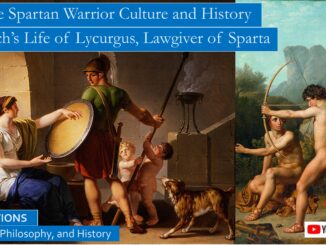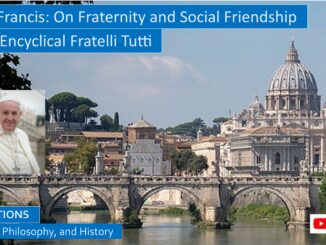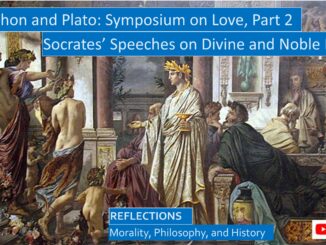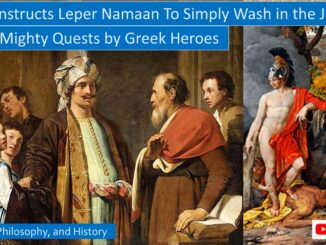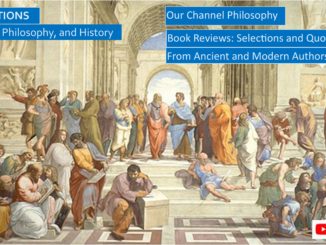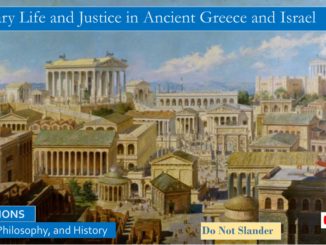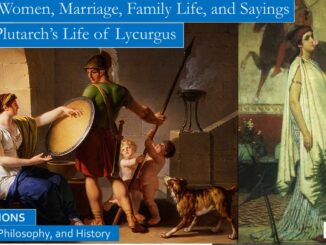
Spartan Women, Marriage, Family Life and Sayings, From Plutarch’s Life of Lycurgus
Seizing women for marriage was part of many ancient cultures. When in war a particularly hated city-state was conquered, it was common practice to slaughter the military age men and enslave the women and children, and many of the women would be enslaved as concubines. Early in the Peloponnesian Wars, Thucydides tells us the dramatic of how first the Athenian Assembly condemned the city-state of Mytilene to this fate, then changed their mind the next day, and how a furiously rowed trireme bearing this good news beat the previous day’s trireme just in the nick of time, saving the city of Mytilene!
Thucydides also tells of the siege of the Melians, whose men were executed, and her women and children sold into slavery at the hands of the Athenians late in the war, and how the Athenians worried they would suffer the same fate when they lost the war to Sparta. […]

